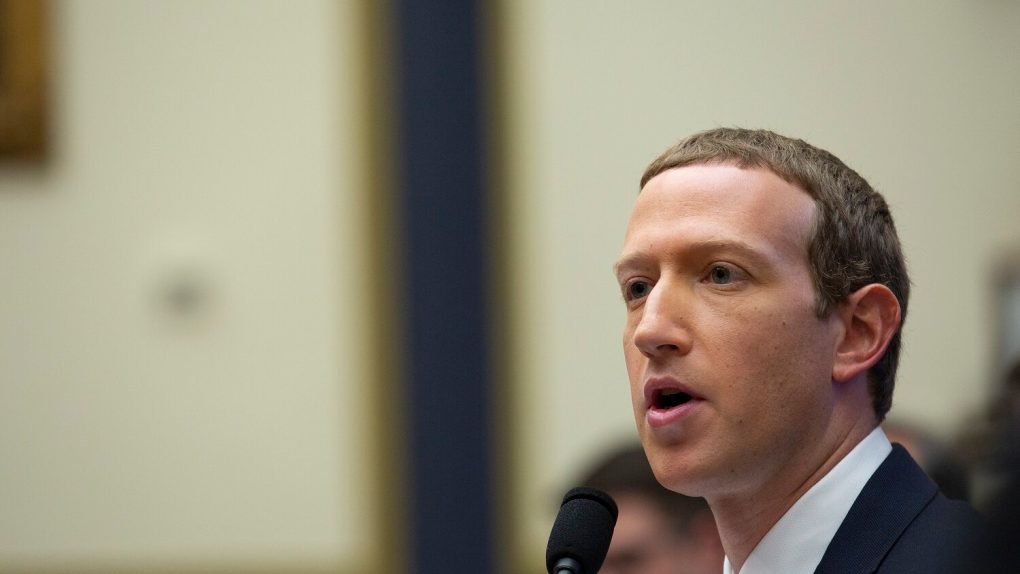University student Zamaan Qureshi, who works on social media for the ad-hoc group of activists who call themselves the Real Facebook Oversight Board, was gobsmacked enough by news about the massive Facebook data leak from a few days ago that he decided to do some digging.
First, he looked himself up on the “Have I Been Pwned” website, which has done a good job of quickly collecting data on Facebook users caught up in the recent breach so that they can check and see if they’re affected. Qureshi used the phone lookup feature that “Have I Been Pwned” offers, and he found out that — yep, his data was included in the breach. After investigating a bit more to see just how much data that the world’s largest social network has on him, though, that’s when things started to look even creepier.
“I’ve been aware that Facebook collects user data when you’re not on the Facebook platform, and that was concerning to me,” Qureshi told Newsweek. “(Facebook) says that they’re transparent about how they do data collection, so I wanted to see if that’s actually the case.”
Basically, he used a still-relatively new Facebook setting that allows users to see what off-Facebook activity is being recorded about them. You can get to this option by choosing Settings & Privacy > Settings > and then click on Off-Facebook Activity under the “Your Facebook Information” menu. Qureshi downloaded that data and then found dozens of folders and subfolders packed with information that Facebook had picked up about him from all over the internet. Watch him scroll through all that data in the video below:
So I decided to download my Facebook data after learning I was a part of the 533m breach.
Clicked on a folder called “your_off_facebook_activity” and was unsurprised to learn that Facebook is following me all over the internet. pic.twitter.com/MSkceFAqYg
— Zamaan Qureshi (@zamaan_qureshi) April 11, 2021
In that Twitter thread, he goes on to show how Facebook was gathering such granular-level detail on him that Facebook even knew when he ordered a pizza — thanks to a third-party data integration — as well as when he applied to Fordham University.
As a reminder, Apple is going to start enforcing its App Tracking Transparency requirements with the imminent release of iOS 14.5, a move that strikes at the very heart of Facebook’s business model. Under this new framework, apps will need to get explicit iPhone user permission going forward in order to track them around the web.
Facebook has criticized this change as potentially hurting small businesses since they rely on this kind of data to understand their customers better and to track sales conversions. Apple CEO Tim Cook, meanwhile, has been making the press rounds lately — including via a recent podcast interview with The New York Times’ Kara Swisher, and another interview with the Canadian newspaper the Toronto Star — and he’s been making different versions of the same point:
“All we’re doing, Kara,” he told Swisher at one point, “is giving the user the choice whether to be tracked or not. And I think it’s hard to argue against that. I’ve been shocked that there’s been pushback on this to this degree.”







